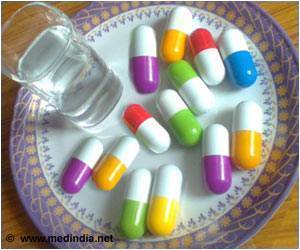Urte Jakimaviciute, Senior Director of Market Research at GlobalData, comments: “The pharmaceutical industry is data driven. With the increasing volume and complexity of data being generated by the sector from multiple sources, the need to organize and streamline information is a constant challenge”.
‘Artificial intelligence (AI) and data analytics play a major role in optimizing pharmaceutical drug discovery and development processes.’
The use of analytics data to extract from patient records and registries, real-world evidence, sales and marketing, and connected devices will be used to design treatment plans, develop drugs, or improve clinical trial outcomes.
The data-generating areas of healthcare are wearables, electronic healthcare records, remote patient monitoring and mobile apps.
The increasing use of social and digital media tools among physicians and patients has also contributed to increasing volumes and variety of information that companies can access, collect, and analyze.
Data analytics in pharma companies provide better insights into end-users’ behavior patterns, response to marketing campaigns, product performance, and upcoming industry trends that which can result in improved marketing and sales if comprehensively analysed and interpreted.
Big data and AI are the celebrated innovations that can improve nearly every element of the pharma value chain, integration and data quality that remains core focuses.
AI requires high-quality data, and the more data AI receives, the more accurate and efficient it can become. If companies do not have full visibility into data quality, they cannot trust the results that AI generates.
Source: Medindia



